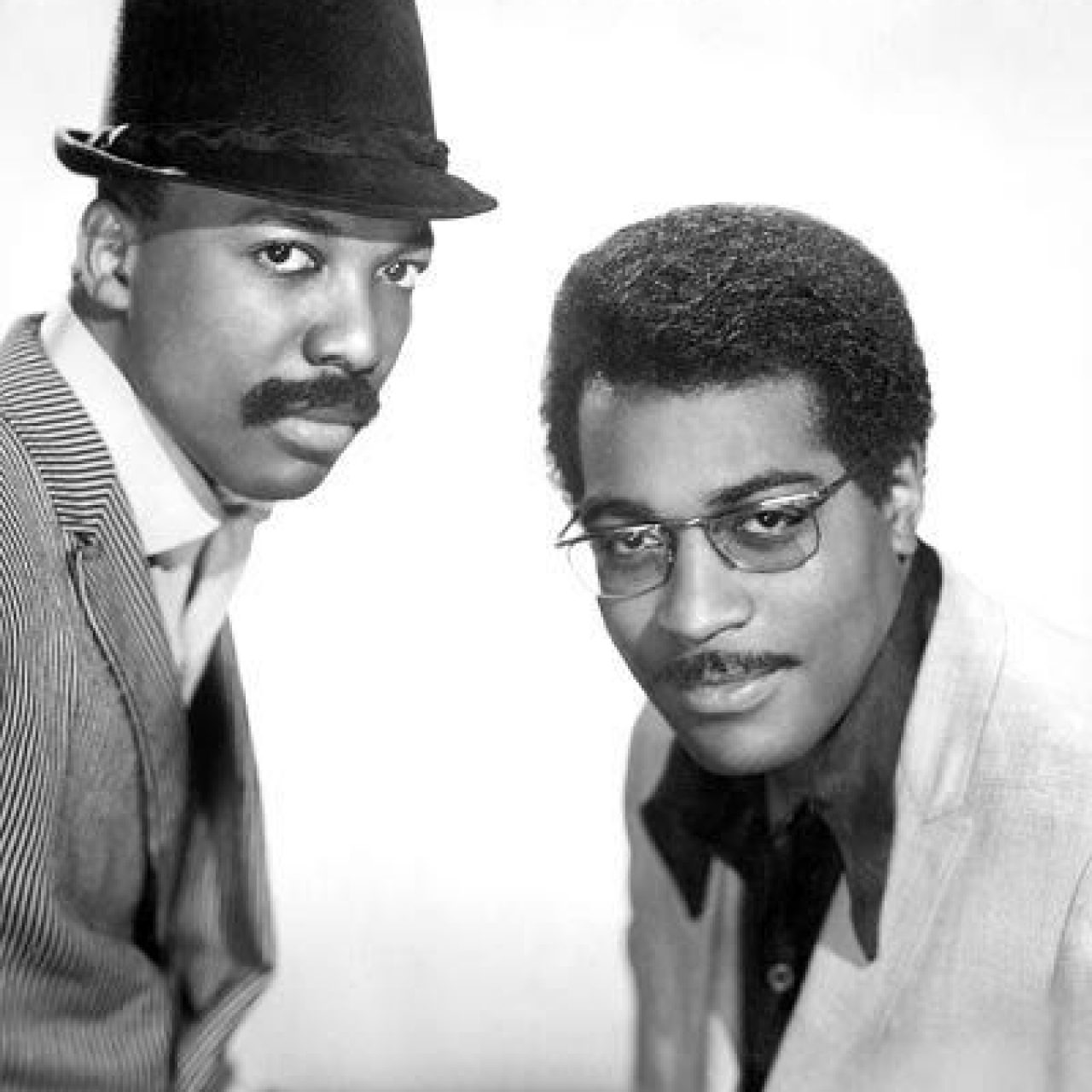The 50th anniversary of Philadelphia International Records, one of the greatest Black music imprints not named Motown, gives us the opportunity to revisit the early history of Kenny Gamble and Leon Huff, the songwriting-and-production who went on to create a sound that defines classic soul.
Philly native and local singer Kenny Gamble met Leon “Fingers” Huff, a pianist from Camden, New Jersey during a session at independent label Cameo-Parkway. The two began collaborating in 1963, placing songs with the likes of The Orlons and Doris Troy. They continued to write separately as well: Huff landed a single with Dusty Springfield, “Live It Up”; while Gamble worked on minor hits like Candy and the Kisses “81” and The Swans’ “The Boy with the Beatle Hair.” Their freelancing finally paid off in 1967 when they wrote and produced a Billboard number 4 pop hit in local group Soul Survivors’ “Expressway to Your Heart.” (That was quickly followed by the Survivors’ “Explosion in Your Soul,” which is a virtual rewrite of “Expressway.”)
In 1966, Gamble & Huff launched Excel (later renamed Gamble Records) with help from a local businessman. Their first group, The Intruders — a quartet that had kicked around on local labels since 1961 — would help the duo define the contours of what became the Philly sound. There was rich symphonic orchestration, which Gamble called “sophisticated” R&B. Pivotal, too, was the sharp yet supple voice of The Intruders’ lead voice, “Little” Sonny Brown. As another Intruders member put it in Tony Cummings’ 1976 book The Sound of Philadelphia, Brown had a voice that was “(flat) but it’s not really flat. It’s that difference that made us successful.” The tension between Brown’s raw, almost plainspoken voice and Gamble & Huff’s street symphonies led to the Billboard top 10 hit “Cowboys & Girls,” which many consider the true beginning of the Philly soul sound, as well as other great singles like “(Love Is Like a) Baseball Game” and “(We’ll Be) United.”
If Gamble & Huff’s work with the Intruders was a key development in the Philly sound, then their Jerry Butler productions marked their arrival as hitmakers. The Chicago singer had been a mainstay on the R&B charts since his former group The Impressions scored 50s classics like “For Your Precious Love.” A chance 1966 performance at a Philly club brought him in contact with Gamble; two years later came “Hey Western Union Man.” Then Butler, Gamble and Huff collaborated on The Iceman Cometh, the only Butler full-length to hit the Billboard top 40 albums chart — it reached number 29 in the summer of 1969, thanks to the million-selling single “Only the Strong Survive.” Those sessions also included key future Philadelphia International contributors like producer Thom Bell, songwriter Linda Creed and MFSB musicians Earl Young and Norman Harris.
No early history is complete without its quirks. 1969 brought Neptune Records, Gamble & Huff’s imprint for the Chess Records empire, and future stars like The Three Degrees, the O’Jays, and Billy Paul but, oddly, no major hits. All of them would follow the duo to Philadelphia International/Epic in 1971. (There was also Huff-Puff, which only issued a handful of 45s before disappearing.) A highly touted collaboration with onetime hitmaker Lesley Gore didn’t resurrect her career. Sessions between Dusty Springfield and their Gamble-Huff Productions company led to an album, A Brand New Me, that was recently reissued to considerable praise from critics. One of the tracks from those sessions, “Something for Nothing,” later became a standout instrumental for MFSB’s 1973 self-titled debut for Philadelphia International. The original is well worth seeking out.
“We were swinging as a production company. We were all over the charts as a production company. I think that caught Clive Davis’ attention. We were hot as independent producers,” Huff recently told John Murph for Tidal.com. That led to Philadelphia International, a label whose importance probably doesn’t need explaining here. But the prologue had plenty of remarkable moments as well.
Originally published on criticalminded.com. This post has been updated.
Humthrush.com will always be free to read and enjoy. If you like my work, leave a tip at Ko-fi.com/humthrush.


